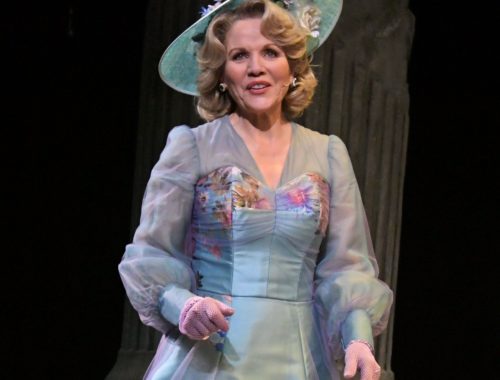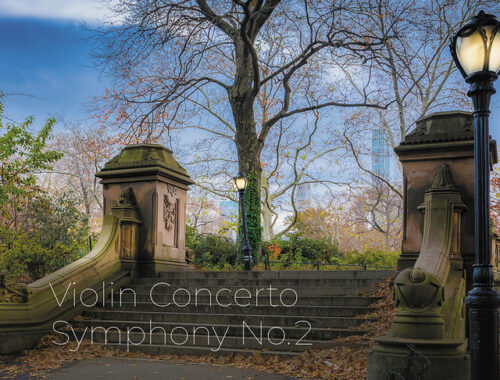Prom 53: Mahler Youth Orchestra, Davis, Royal Albert Hall
Sir Colin Davis’ vim and vigour has always seemed so eternal, so unaffected by the advancing years, that it was strange, not to say difficult, to discover him conducting now from a chair. You could see and hear how that compromised the transference of energy from his now familiar body language to the players before him. The question was would experience prevail over youth or would the reverse be true?
Stravinsky’s Symphony in Three Movements is a Davis party-piece, its big-boned, fiercely angular, even jazzy, syncopations seemingly inbred into his musical personality. But he seemed oddly disconnected from it this time around and his charges – the young studs of the Gustav Mahler Youth Orchestra – played the notes and dispatched the big gestures with no apparent sense of how they added up. The performance lacked direction, its imperative seriously compromised in the outer movements where drop-outs in tension almost suggested that Stravinsky himself had lost his way. Yes, there was beauty in the cool, harp-flecked neo-classicism of the Andante and the goose-stepping finale harnessed a generalised energy that sporadically excited – but the final D-flat major chord wasn’t earned and I for one was left wondering quite how we’d got there.
But we were destined for exotic “Asia” and one of music’s most protracted come-ons: Ravel’s perennially intoxicating Shéhérazade. Our “voyage” through the sights and sounds of the Orient was chronicled by the ever-luminous Susan Graham whose amply expressive mezzo dispensed opulence and limpidity in equal measure. Granted the French wasn’t entirely idiomatic, lacking that distinctive nasal tinta so easy to recognise but difficult to describe – but the bloom of the voice is so seductive and its deployment so musical that one really was literally transported. “The Enchanted Flute” was indeed enchanted, the orchestra’s principal flute reprising the cool enticements of his work in the Stravinsky.
And then the opening fanfares of Tchaikovsky’s Fourth Symphony cleaved the air and Davis’ young players were really cooking. The restless imperative of the first subject reminded me of what was missing in the Tchaikovsky and the ghostly disembodied quality of the second subject group with its gorgeously feline solo clarinet took the imagination to another level. Davis started to rise from his seat to urge the fateful fanfares on each menacing return and even an early string entry in the approach to the big development climax suggested a positive kind of over-zealousness.


